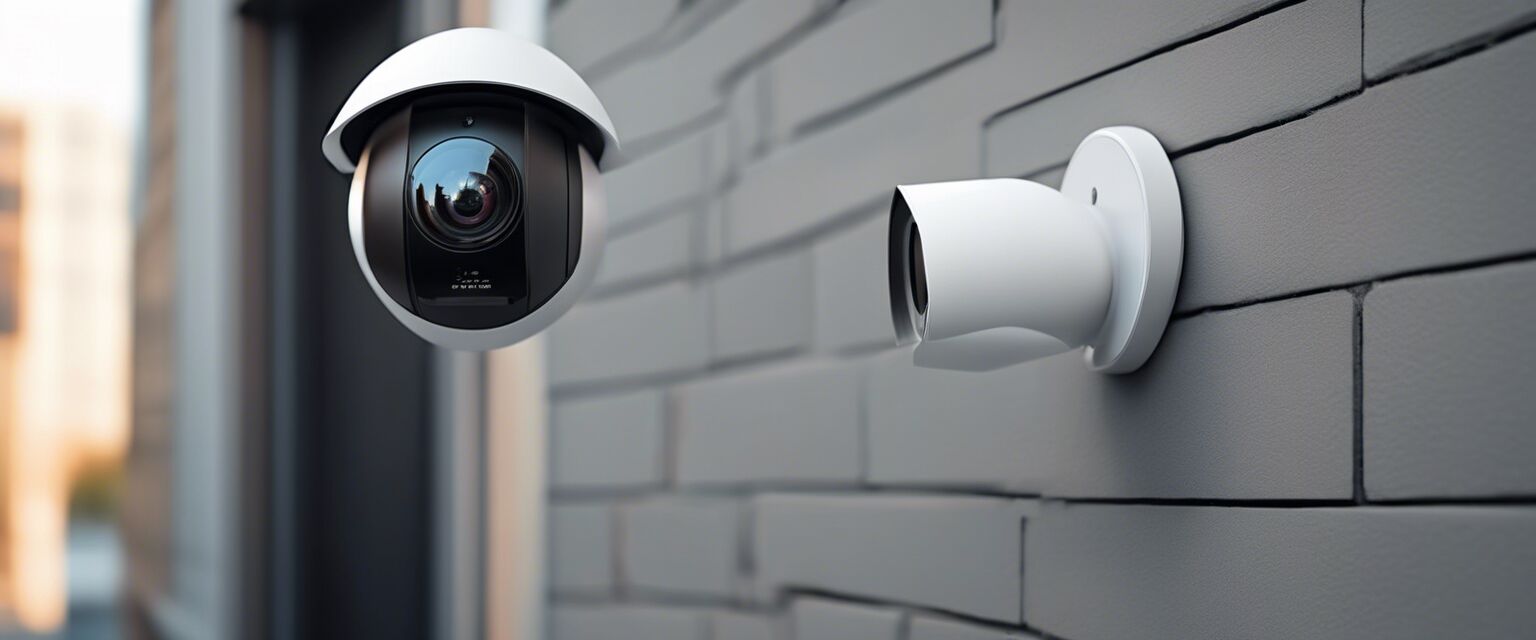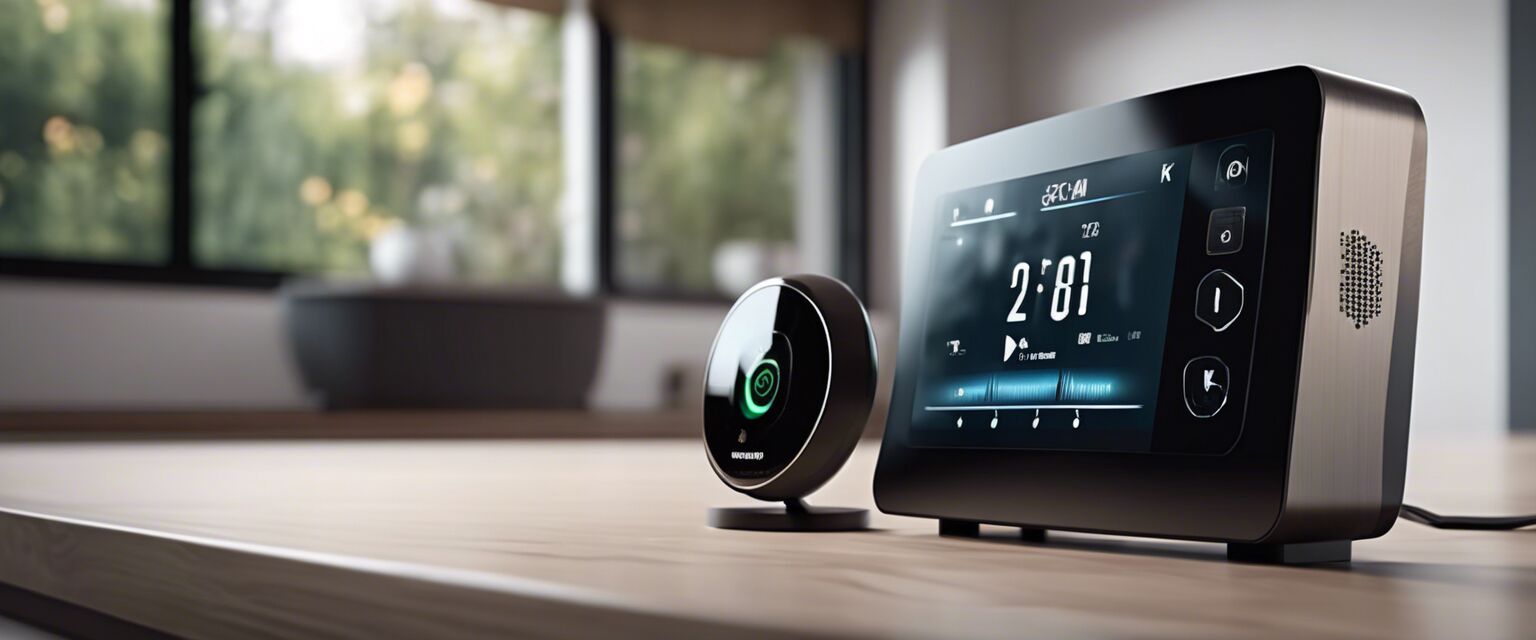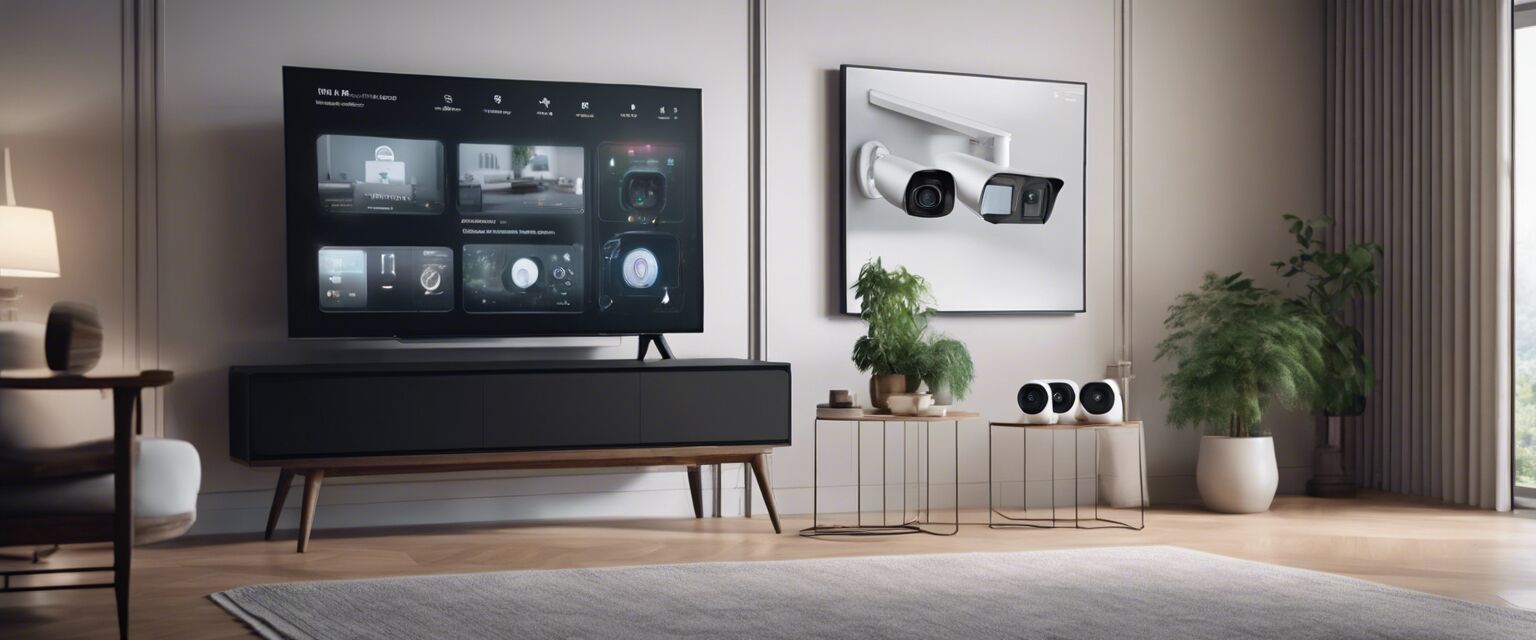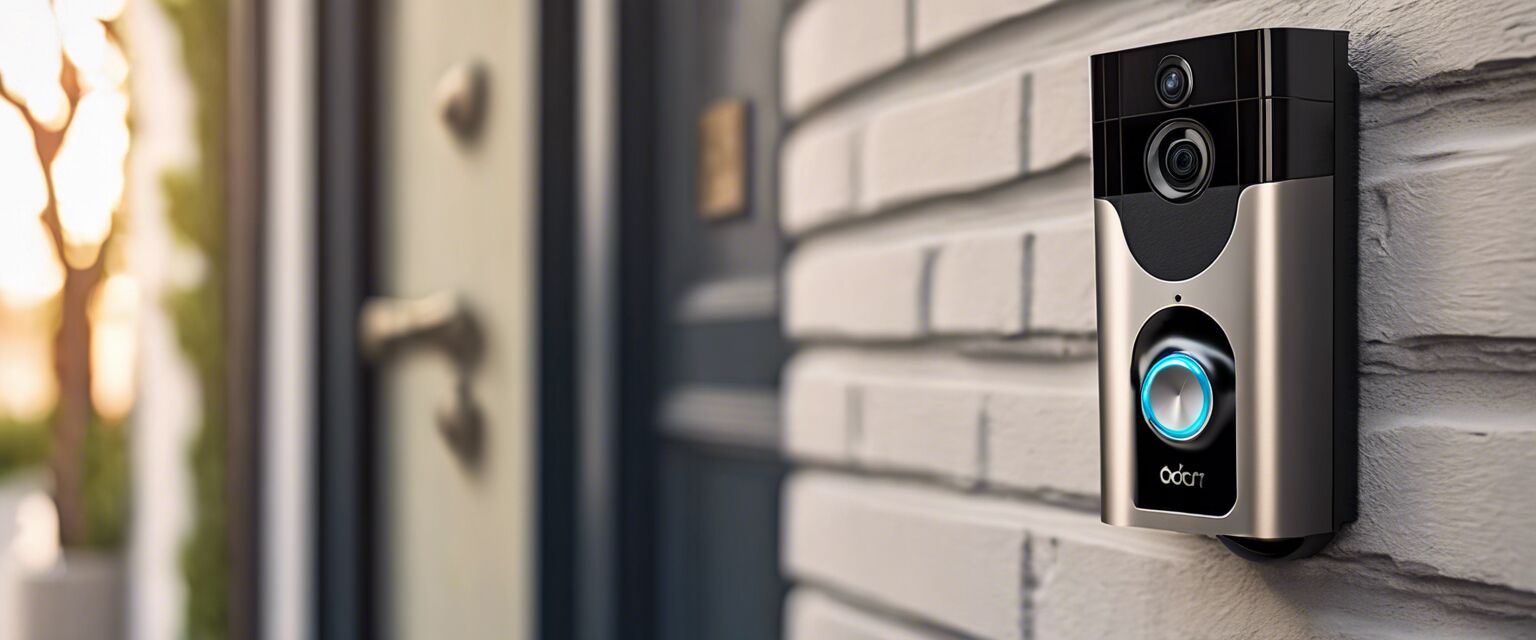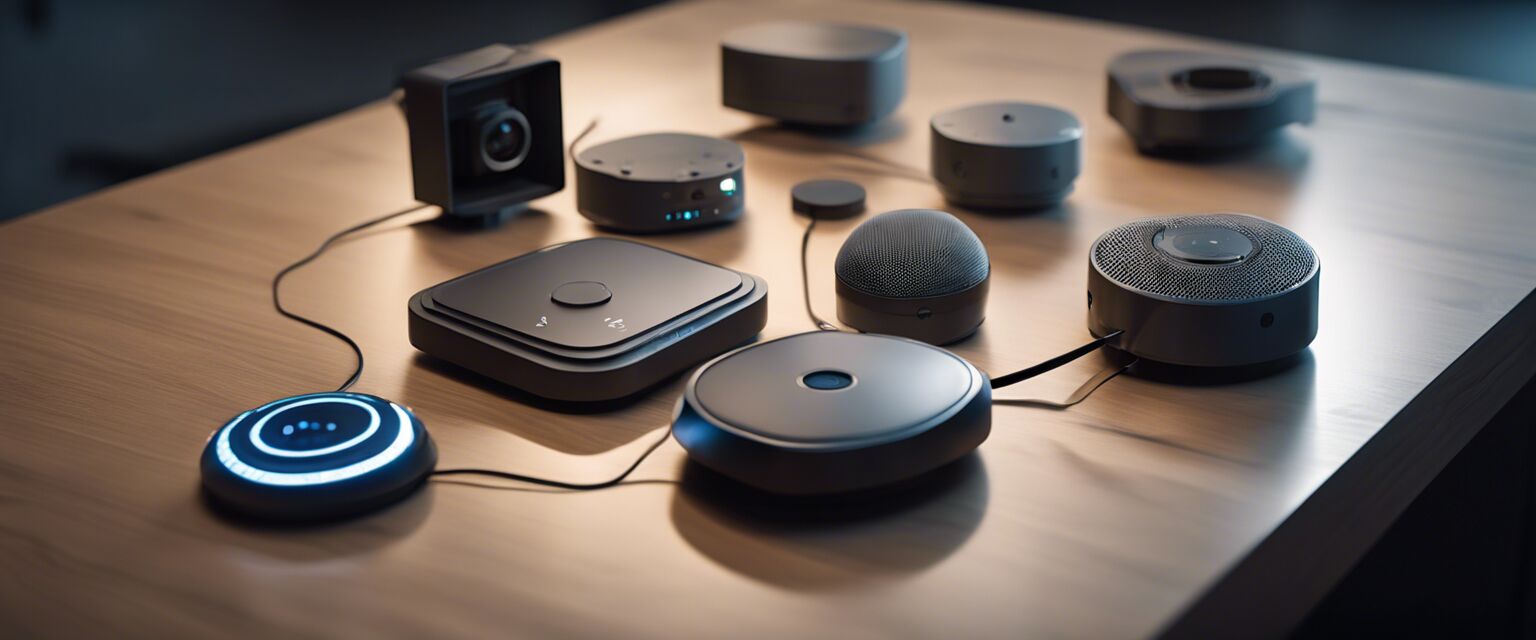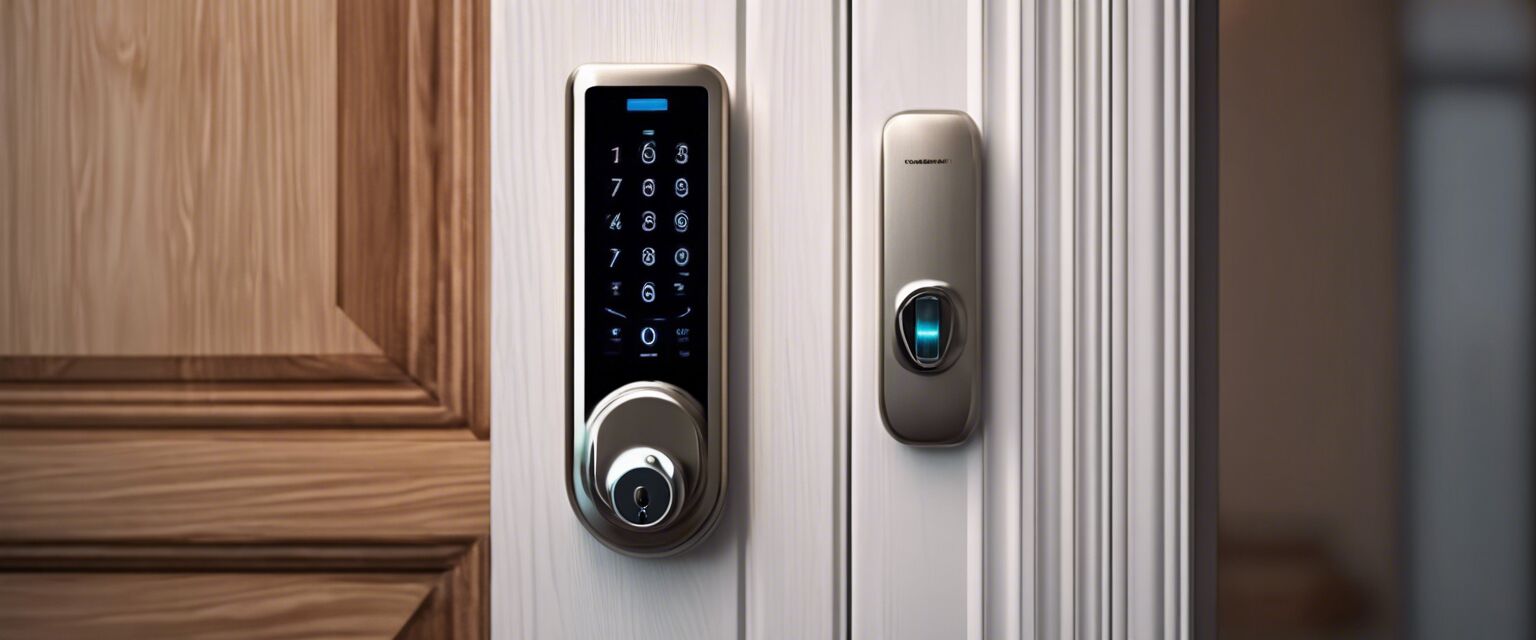
Smart Home Security
Smart Locks
Key Takeaways
- Smart locks provide keyless entry for enhanced convenience.
- They offer advanced security features, including remote access and alerts.
- Compatibility with home automation systems increases their functionality.
- Installation is typically easy and can often be done by homeowners.
Smart locks are becoming an essential part of modern home security. They combine technology with convenience, allowing homeowners to manage their door locks from their smartphones or other devices. In this article, we will explore the benefits of smart locks, how they work, and what to consider when choosing the right smart lock for your home.
What are smart locks?
Smart locks are electronic locking devices that enable keyless entry to your home. They can be controlled remotely via smartphones, tablets, or smart home systems. Unlike traditional locks, smart locks often come with additional features such as remote access, activity logs, and integration with other smart devices.
How do smart locks work?
Smart locks generally operate using a few key technologies:
- Bluetooth: Allows you to unlock the door when you are within range using your smartphone.
- Wi-Fi: Enables remote locking and unlocking from anywhere, as long as you have an internet connection.
- Keypad entry: Allows users to enter a code to unlock the door without a physical key.
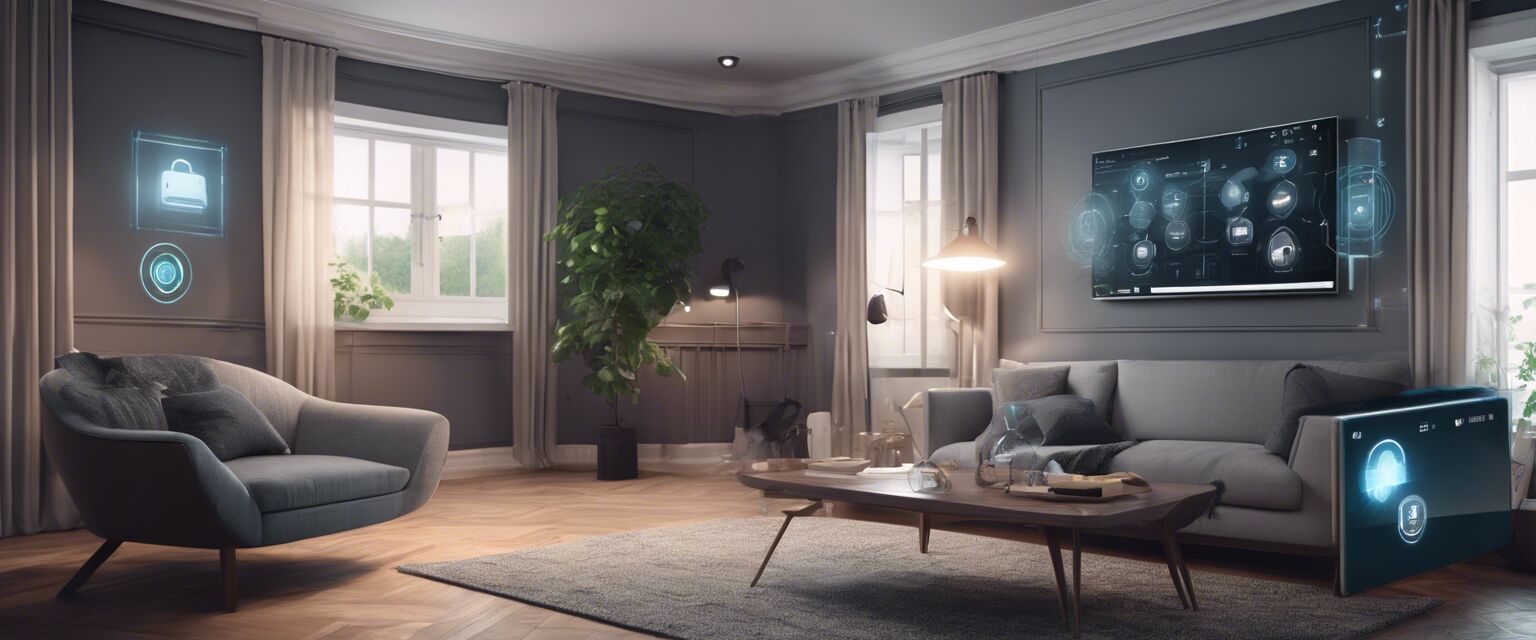
Benefits of smart locks
| Benefit | Description |
|---|---|
| Convenience | No need to carry keys; unlock your door with your phone or a code. |
| Enhanced Security | Receive alerts for unauthorized access attempts and monitor locking status. |
| Access Control | Grant temporary access codes to visitors or service personnel. |
| Integration | Connect with other smart home devices for seamless operation. |
Types of smart locks
Smart locks come in various types, catering to different needs and preferences. Here are the main types:
- Deadbolt smart locks: These replace your existing deadbolt and offer traditional security with smart features.
- Lever handle smart locks: Ideal for doors that use lever handles instead of deadbolts.
- Smart padlocks: Portable locks that can be used on gates, sheds, and lockers.
Comparison of smart lock types
| Type | Security Level | Best For |
|---|---|---|
| Deadbolt | High | Front doors and main entries |
| Lever Handle | Medium | Interior and office doors |
| Padlock | Variable | Sheds and portable storage |
Factors to consider when choosing a smart lock
When selecting a smart lock, consider the following factors:
- Security Features: Look for features like encryption, alerts, and monitoring capabilities.
- Battery Life: Choose a model with long-lasting battery life and low battery alerts.
- Installation: Some smart locks are easier to install than others; check if you can do it yourself.
- Compatibility: Ensure the lock works with your existing smart home system or devices.
- Price: Determine your budget as smart locks can range from affordable to premium options.
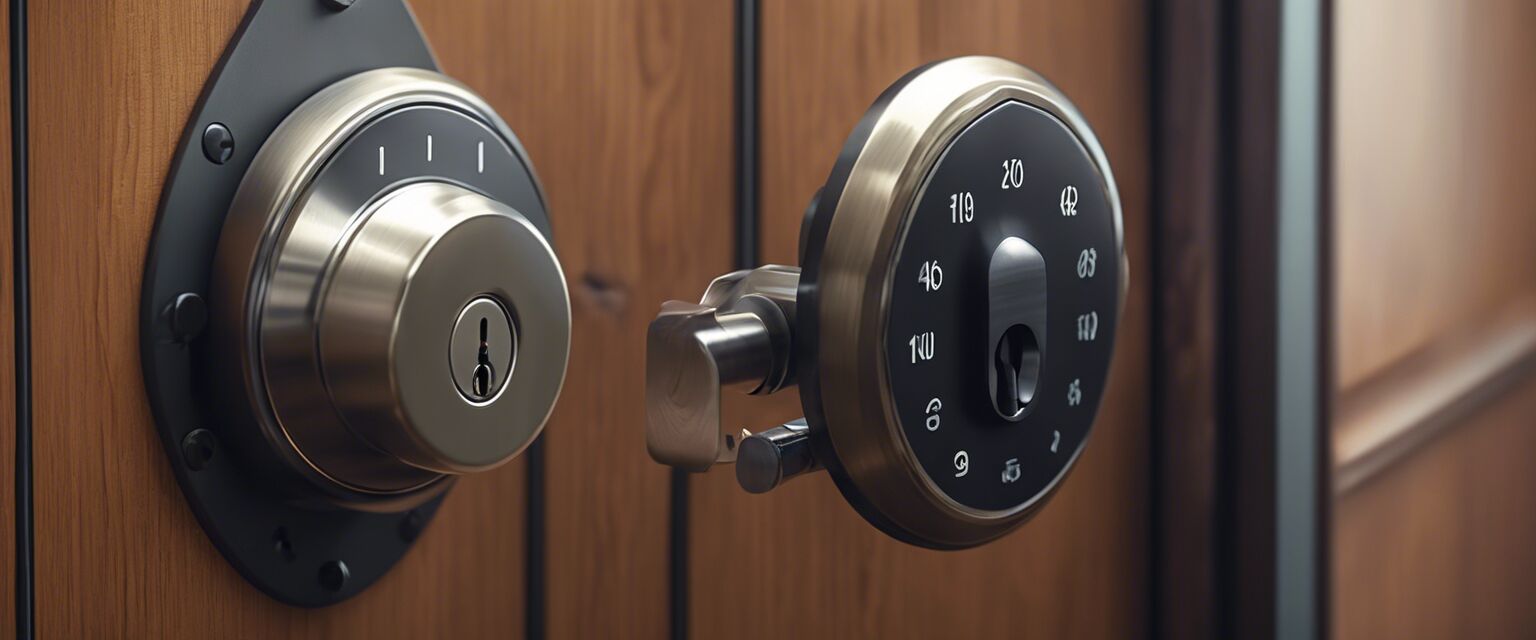
Installation tips for smart locks
Beginner's Guide to Smart Lock Installation
- Read the manufacturer's instructions carefully.
- Gather all necessary tools, such as screwdrivers and a drill.
- Remove the existing lock before installing the new smart lock.
- Follow the wiring instructions if the lock requires electrical connections.
- Test the lock thoroughly to ensure proper functionality.
Smart locks and home automation
Smart locks can be integrated into a home automation system, allowing for greater control and security. This integration can include:
- Automated locking and unlocking based on your routines.
- Notifications sent to your phone when the door is locked or unlocked.
- Integration with security cameras for video monitoring.
Conclusion
Smart locks offer unparalleled convenience and security for homeowners. By understanding the different types, features, and installation processes, you can choose the right smart lock for your needs. Embrace the future of home security with smart locks and enjoy peace of mind in your daily life.
Pros
- Convenient keyless entry options.
- Enhanced security features.
- Remote access capabilities.
- Integration with smart home systems.
Cons
- May require regular battery replacements.
- Potential for hacking if not properly secured.
- Installation can be challenging for some users.
Learn more about smart locks
For additional information on related topics, check out our other articles:

